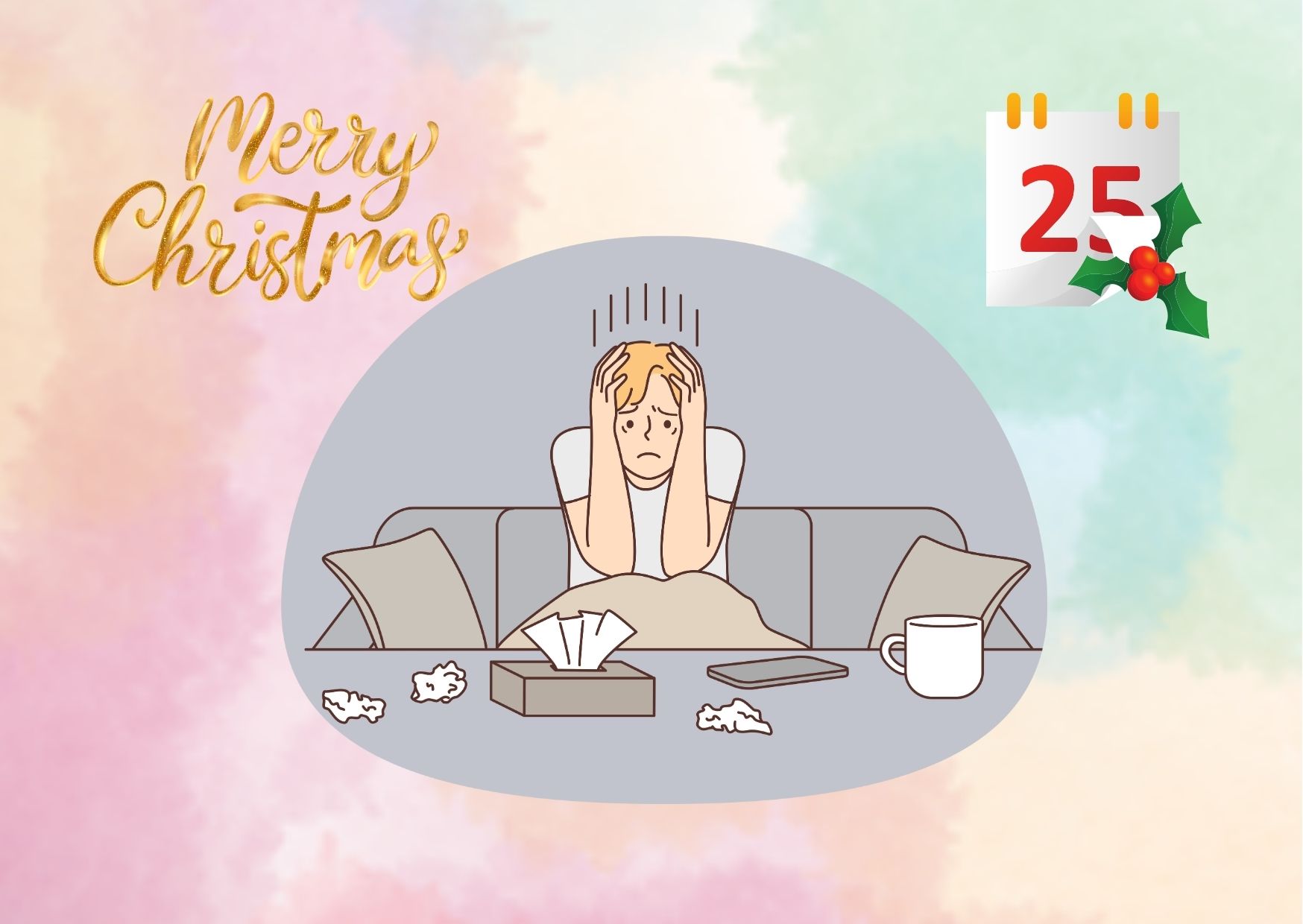Overcoming Christmas Anxiety: Stressful Holidays
The holiday season brings joy and excitement for many, but for some, it can trigger overwhelming feelings of Christmas anxiety. As festive decorations go up and social calendars fill, the pressure to create perfect celebrations can leave individuals feeling stressed and overwhelmed. Christmas anxiety is a common experience that affects people of all ages, impacting mental health and overall well-being during what should be a time of happiness and connection.
This comprehensive guide aims to help readers understand and manage Christmas anxiety. It explores the root causes of holiday stress, provides strategies to identify personal anxiety patterns, and offers practical tips to cope with the pressures of the season. The article also discusses the importance of building a support system and maintaining realistic expectations. By addressing these aspects, individuals can learn to navigate the holidays with greater ease, allowing them to enjoy the true spirit of Christmas without compromising their mental health.
Understanding Christmas Anxiety
Christmas anxiety is a common experience that affects many individuals during the holiday season. A recent study conducted by Deichmann found that half of UK adults claim Christmas is the most stressful and anxiety-inducing time of the year. This phenomenon can impact people of all ages, regardless of whether they typically experience anxiety throughout the rest of the year.
Common Triggers
Several factors contribute to Christmas anxiety. Financial worries often top the list, with 41% of people concerned about getting into debt during the holiday season. The pressure to create a “perfect Christmas” can also be overwhelming, as individuals strive to meet unrealistic expectations for decorations, meals, and gifts. Social obligations, including family gatherings and parties, can be another source of stress, especially for those who struggle with social anxiety or have complex family dynamics.
Other common triggers include:
- Loneliness and isolation, particularly for those far from loved ones
- Increased presence of alcohol at social events
- Disruption of regular routines, including diet and exercise
- Grief and memories of lost loved ones
- The end-of-year reflection, which may bring feelings of regret or unfulfilled goals
Physical Symptoms
Christmas anxiety can have a significant impact on physical health. Common symptoms include:
- Insomnia or disrupted sleep patterns
- Headaches and muscle tension
- Digestive problems
- Changes in appetite (either increased or decreased)
- Fatigue and low energy levels
Dr. Reddy, an expert in the field, explains, “It’s not uncommon for stress to manifest as physical symptoms. We often feel the physical symptoms without fully acknowledging the psychological challenges behind them. But it’s all connected.”
Emotional Impact
The emotional toll of Christmas anxiety can be substantial. Many individuals report feeling overwhelmed, with 15% of people stating they feel this way during the holiday season. Other emotional impacts include:
- Mood swings and irritability
- Excessive worrying and panic
- Feelings of sadness or depression
- Heightened stress levels
It’s important to note that 26% of people say Christmas makes their mental health worse. For those with existing mental health conditions, the holiday season can exacerbate symptoms. A concerning statistic reveals that 36% of people with mental health problems have self-harmed to cope at Christmas.
Christmas anxiety is most prevalent in people aged 25 to 34, but it can affect anyone. Even 23% of parents with children report feeling low around Christmas. The disparity between expectations and reality often contributes to these feelings, as people compare their experiences to idealized portrayals of the holiday season.
Understanding these aspects of Christmas anxiety is the first step toward developing effective coping strategies. By recognizing common triggers, physical symptoms, and emotional impacts, individuals can better prepare themselves to manage stress and enjoy the holiday season.
Identifying Your Christmas Anxiety Patterns
The holiday season can bring a mix of emotions, with nearly nine in 10 Americans experiencing stress or feeling overwhelmed during this time. To manage Christmas anxiety effectively, it’s crucial to identify personal anxiety patterns. This process involves self-reflection, tracking mood and stress levels, and recognizing early warning signs.

